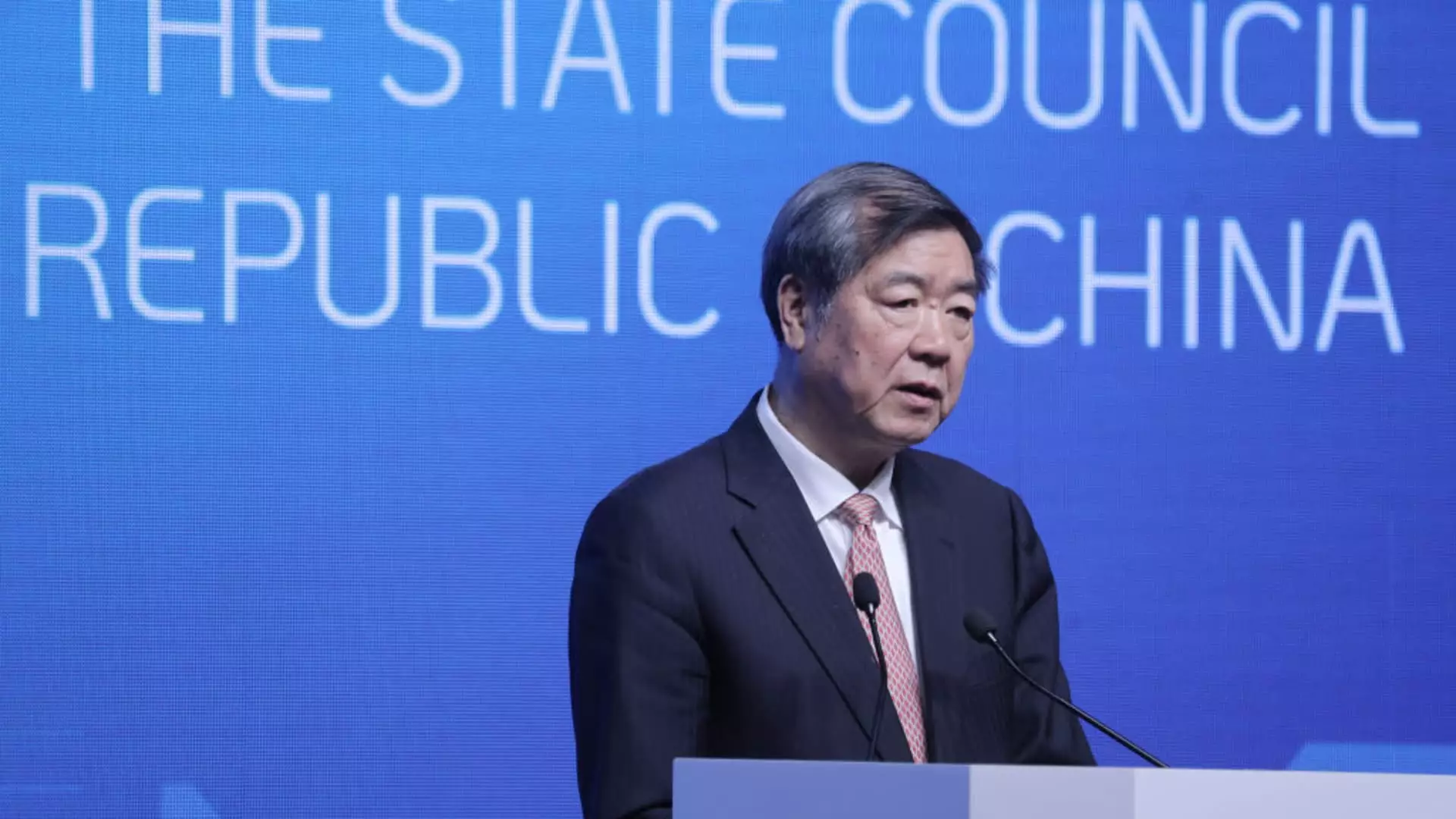In a bid to rekindle Hong Kong’s status as a leading international financial hub, the Chinese government is taking significant steps aimed at enhancing the region’s competitiveness. Vice Premier He Lifeng’s recent remarks at the Global Financial Leaders Investment Summit highlighted Beijing’s commitment to infusing resources into Hong Kong’s innovation sectors and implementing favorable financial policies. This initiative not only seeks to reverse the economic downturn that has plagued the region but also aims to solidify Hong Kong’s integral role in the broader Chinese economy.
The Vice Premier articulated a vision where Hong Kong is poised to become a magnet for investment, emphasizing the necessity of integrating local strengths with those of the mainland. This adjustment is crucial in an era where global capital flows have become increasingly selective, with investors keenly assessing economic stability and growth potential.
Acknowledging Past Challenges
Despite the positive outlook expressed by officials, it is important to confront the substantial hurdles Hong Kong has faced. Recent years have seen the city struggle with an exodus of capital and talent, leading to a weakened stock market. The Hang Seng Index, the cornerstone of Hong Kong’s financial landscape, has reportedly suffered four consecutive years of decline, presenting a stark contrast to its once-bustling financial stature. The recent statistics illustrating a 16% drop in proceeds from initial public offerings (IPOs) and follow-on offerings in the first half of the year paint a concerning picture of the current investment climate.
This malaise reflects not only the local economic conditions but also shifts in global investment patterns, where uncertainty surrounding Hong Kong’s political landscape and the broader Chinese economy plays a critical role. Major financial institutions have responded to these headwinds by scaling back operations, prompting questions about the future stability of the financial industry in the region.
Embracing Support from the Mainland
Li Yunze, the Minister of China’s National Financial Regulatory Administration, addressed the necessity for Hong Kong to leverage its relationship with mainland China to rejuvenate its financial landscape. With nearly 80% of mainland businesses eyeing Hong Kong for offshore listings, the city is not merely a geographic location but rather an essential component of China’s overall economic framework. This connection underscores the potential for Hong Kong to act as a facilitator for capital flows between domestic and international markets, thereby revitalizing its financial services.
Beijing’s recent stimulus measures indicate a willingness to support financial recovery in Hong Kong, suggesting a coordinated effort to boost confidence among investors. This strategic intent is further reinforced by Wu Qing, head of China’s securities regulator, who affirmed that policies will continue to be crafted to entice foreign investment. Such affirmations from key figures are pivotal for realigning investor perceptions and stimulating renewed confidence in the Hong Kong market.
Recent developments in regulatory policy exemplify the commitment to creating a more accessible investment environment. By lowering the capital thresholds for foreign investors and allowing individuals to invest in publicly-listed companies, the Chinese government is actively removing barriers that previously hindered foreign participation in the Hong Kong market. These measures are intended to reinstate an aura of competitiveness and openness that had diminished over time.
Alongside these regulatory changes, the ongoing accommodative monetary policy articulated by PBOC Governor Pan Gongsheng seeks to further intertwine domestic and global financial markets. With representatives from major financial institutions, such as HSBC and Citigroup, participating in the investment summit, there exists a strong endorsement of the emerging strategies.
The overarching narrative from Chinese officials concerning Hong Kong’s financial prospects is one that marries optimism with urgency. As Vice Premier He Lifeng navigates the complexities of China’s economic landscape amid its debt crisis and property market instability, the need for coherence in policy and vision becomes paramount. The future of Hong Kong’s financial sector rests not merely on investment figures or regulatory adjustments, but on the collaborative energy between the city and the mainland — a partnership that, if executed effectively, could once again elevate Hong Kong as a premier financial epicenter in the international arena.
In summation, while the challenges are formidable, the commitment to innovation and policy reform heralds a transformative potential that could shape a more prosperous future for Hong Kong’s economy.

Leave a Reply